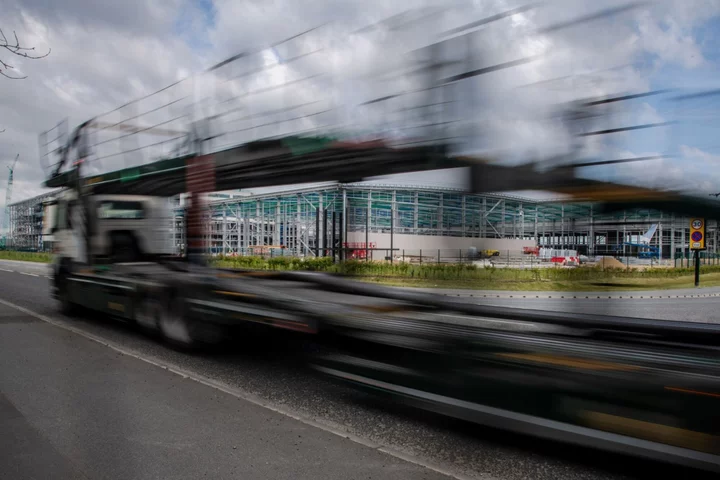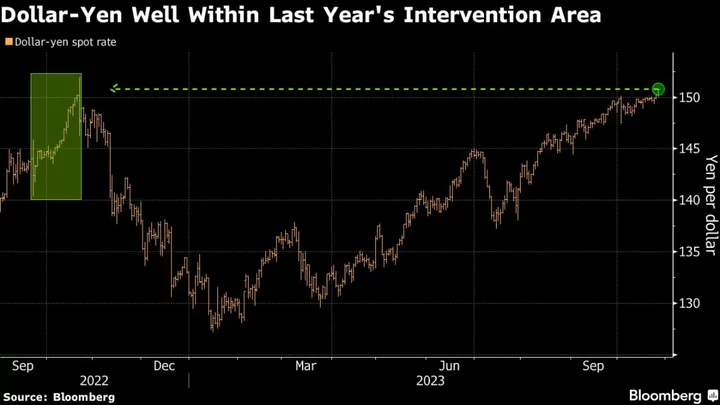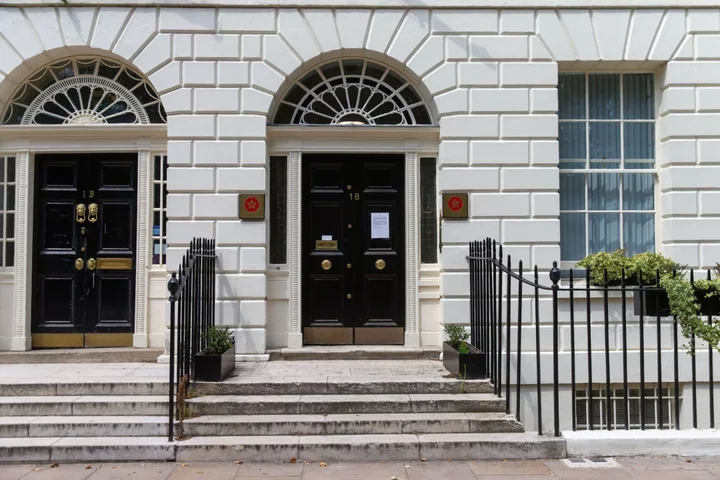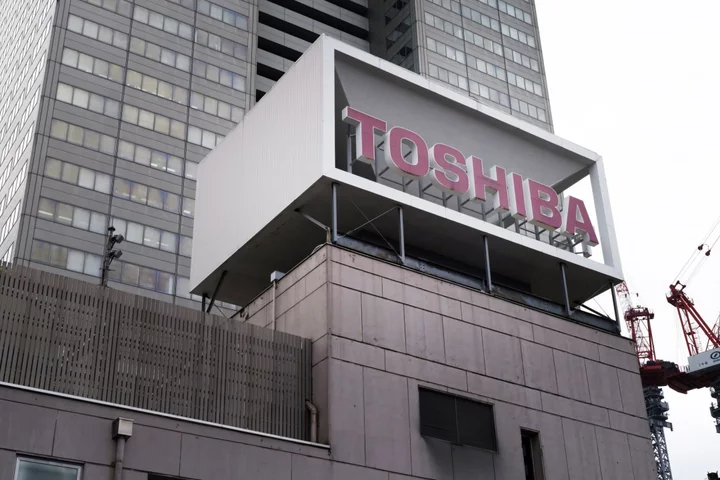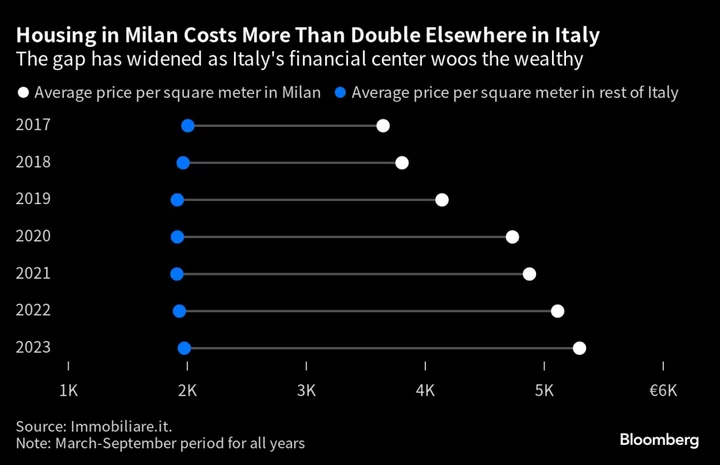Nissan Motor Co. will significantly ramp up electric-vehicle production in the UK with a £2 billion ($2.5 billion) investment at its Sunderland site in a boon to the country’s car industry.
The Japanese carmaker will set up another battery factory and produce electric versions of the popular Qashqai and Juke models at Britain’s largest carmaking hub, it said Friday. Nissan will provide £1.1 billion directly, with the remainder expected to come from partners for the cell and power grid update.
UK Prime Minister Rishi Sunak, whose government is providing aid, said the plans represent a “massive vote of confidence in the UK’s automotive industry.”
The move is good news for the UK after post-Brexit uncertainty clouded its prospects as a major automaking location. It follows recent announcements by Jaguar Land Rover owner Tata Motors Ltd. to build a £4 billion battery factory in Somerset and BMW AG’s decision to manufacture electric Mini models at its Oxford factory.
Still, some questions remain. Vehicle output at Sunderland has roughly halved since churning out more than 500,000 cars in 2016. Nissan didn’t specify whether its latest plans would increase production. Alan Johnson, a manufacturing executive for Nissan, said Friday he doesn’t expect any significant change to employment at the site that currently has a staff of around 6,000.
Read more: Biden’s Green Subsidies Risk Speeding UK Car Industry’s Decline
Building another battery plant means the UK is getting more of the infrastructure it desperately needs to keep EV making in the country.
In 2021, Nissan and battery partner Envision AESC announced a £1 billion investment to expand electric-car and cell making at Sunderland. Plans for a major battery plant in Blyth, also in the northeast of England, have been derailed after the startup behind it, Britishvolt, collapsed earlier this year.
Nissan is in talks with Envision AESC about a potential partnership also for the additional battery plant, Johnson said during an event at the Sunderland site. No timeline for the project was given. Envision AESC said in a separate statement it’s started a “feasibility study” on the potential expansion.
Sunderland already produces the compact Leaf EV in addition to the Juke and Qashqai combustion-engine autos. The latter was the UK’s best-selling car last year — the first locally-built model to earn that title in 24 years. The factory started production in 1986, with then-Prime Minister Margaret Thatcher painting a traditional Japanese doll at the opening ceremony. The site has since made more than 11 million cars.
Read more: Nissan to Go All-Electric in Europe by 2030 Despite UK Delay
Getting Nissan to build more EVs at Sunderland is a symbolic victory for Sunak because of the city’s role in the Brexit referendum. The former shipbuilding center voted overwhelmingly to leave the EU. Nissan has pledged to make its European lineup fully electric by 2030, even after London pushed back a ban on new gasoline and diesel car sales by five years to 2035.
“This venture will no doubt secure Sunderland’s future as the UK’s Silicon Valley for electric vehicle innovation and manufacturing,” Sunak said.
His government is providing support to the project, Johnson told BBC Radio 4 earlier Friday, but declined to say how much.
To succeed in the long term, the plant will have to navigate intensifying competition on EVs and complex post-Brexit rules.
About 70% of the cars produced at Sunderland are exported to the EU. Under current arrangements, EVs moving between the UK and the EU will attract a 10% tariff starting next year if less than 45% of their value comes from the region. A European lobby representing carmakers including Volkswagen AG and Renault SA has warned the duties could cost the sector €4.3 billion ($4.7 billion) over the next three years. Talks are ongoing about a possible delay to the rules.
Meanwhile, Chinese players including BYD, Nio, Zeekr and Great Wall are expanding in Europe with affordable EVs, posing a threat to local incumbents. There are also concerns around waning demand for EVs amid a cost-of-living crisis and rapidly developing technology.
(Updates with details on financing in second paragraph.)

